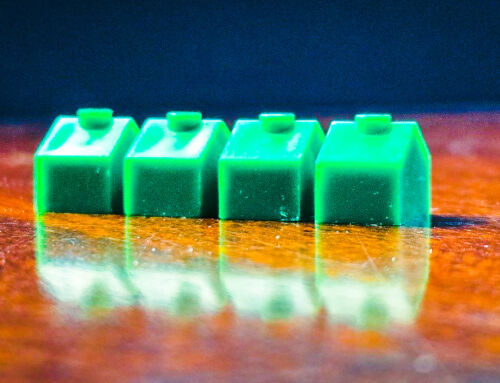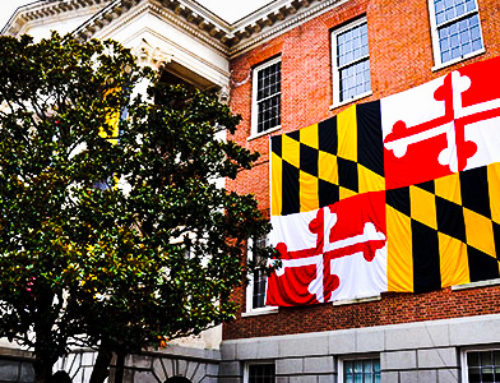View by Topic
Recent Articles
-
Congress Blocks California’s Gasoline Car BanSaturday, May 31st, 2025
-
EPA Will Keep Current Limits for “Forever Chemicals” in Drinking WaterSaturday, May 24th, 2025
-
Court Indefinitely Pauses SEC Climate Rule LitigationSaturday, May 17th, 2025
-
Maryland is About to Regulate Mold But is the Cart Before the HorseSaturday, May 10th, 2025
View by Month/Year
“Green Building Law Update” Headlines
Recent Articles & News from
Stuart Kaplow’s blog
at GreenBuildingLawUpdate.com
- Congress Blocks California’s Gasoline Car Ban: A Legal and Policy Analysis June 1, 2025
- EPA Will Keep Current Limits for “Forever Chemicals” in Drinking Water May 25, 2025
- Court Indefinitely Pauses SEC Climate Rule Litigation May 18, 2025
- Maryland is About to Regulate Mold: But is the Cart Before the Horse? May 11, 2025
Subscribe to the Green Building Law Update!
Stuart Kaplow brings his expertise and extensive experience to the table with his unique digital publication, "Green Building Law Update". Subscribers receive regular updates to keep them informed about important issues surrounding Environmental Law, Green Building & Real Estate Law, as well as the emerging demand for Environmental Social Governance (ESG).
Get fresh content through the lense of Stuart Kaplow's cutting-edge expertise, innovative commentary and insider perspective. Don't miss another issue! Subscribe below.
Interest Rate Paid on Residential Lease Security Deposits in Maryland Reduced
Effective October 1, 2004, the amount of interest a landlord must pay a residential tenant in Maryland upon return of the tenant’s security deposit has been altered from 4% to 3% per annum.
Generally, under the prior law a landlord was required to pay 4% simple interest, accruing at six-month intervals, on a tenant’s security deposit and to maintain all security deposits in branches of federally-insured financial institutions doing business in Maryland. The deposits must be in interest-bearing accounts, and the accounts must be devoted exclusively to security deposits. In lieu of these accounts, a landlord may hold the security deposits in insured certificates of deposit at branches of federally-insured financial institutions doing business in Maryland or in securities issued by the federal government or the State.
By way of background, in 1973, Maryland imposed the duty on a landlord to pay interest on a tenant’s security deposit at 3% simple interest, accruing at six-month intervals. In 1980, the General Assembly increased the interest rate that must be paid on a security deposit from 3% to 4%.
This year’s change was largely driven by the fact that interest rates in 2004 for both passbook accounts and certificates of deposit are below 4%. The current interest rate paid on most passbook accounts is less than 1%, and the interest rates for short-term certificates of deposit currently range from 1.25% to 2.25%, with a slightly higher yield. Because all of these rates are lower than the 4% required under Maryland law, landlords will benefit from this enactment.
It is curious that similar legislation was introduced and rejected by the General Assembly in the 2003, 2002, 2000, and 1997 sessions.
This year, HB 723, alters the amount of interest a landlord must pay a residential tenant upon return of the tenant’s security deposit from 4% to 3% per annum. However, should a lease expressly provide interest is to be paid at 4%, interest must, of course, be paid at that rate until the lease expires.
Landlords should review their leases and cause the security deposit provision to be modified, now, to dovetail current Maryland law, including providing that interest will be paid “at the legal rate” versus a specific stated rate.
The source for much of the information in this article was the Department of Legislative Services.









